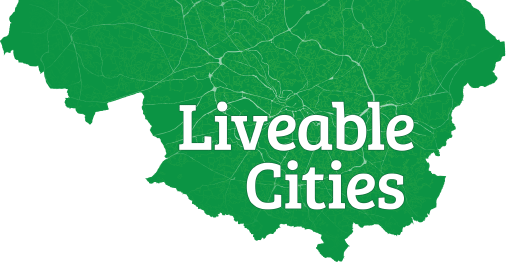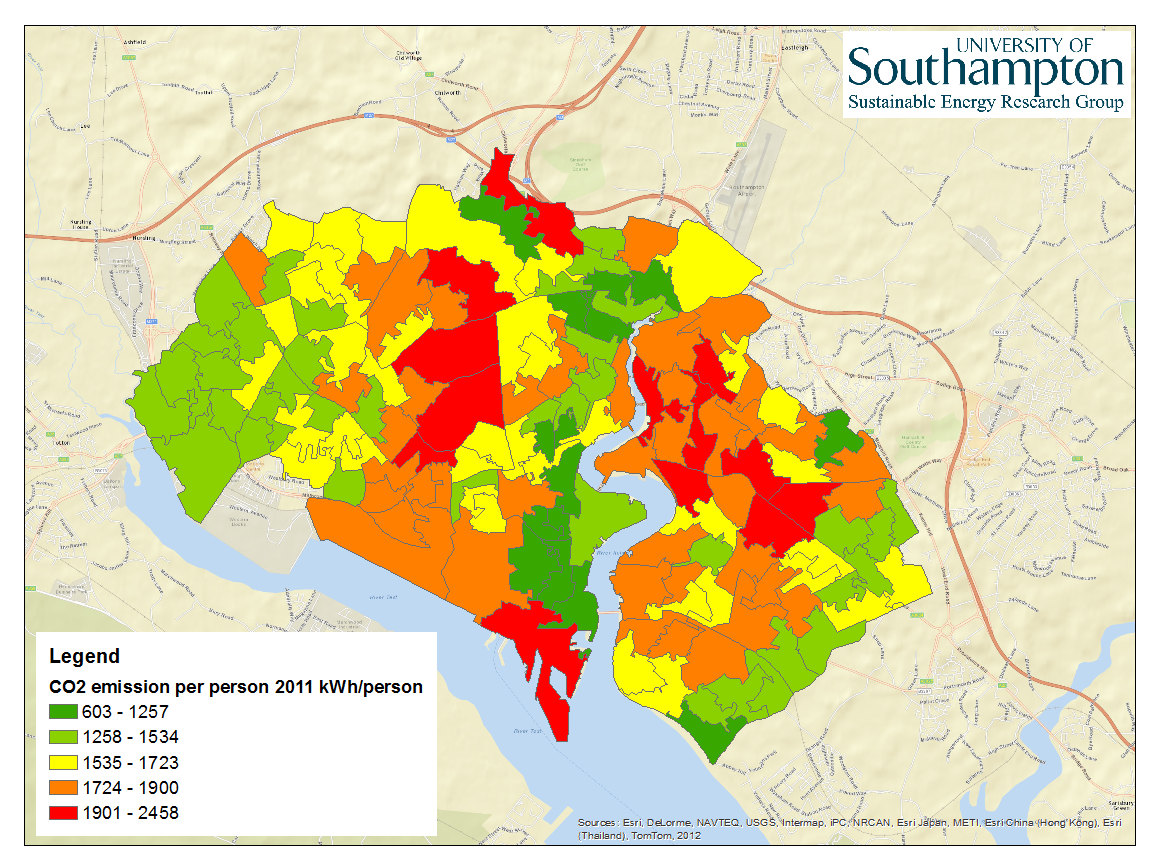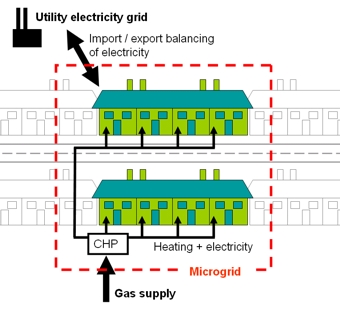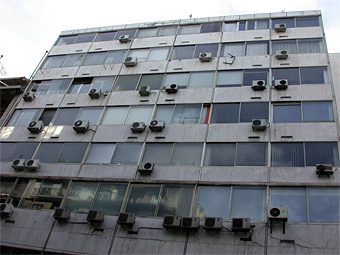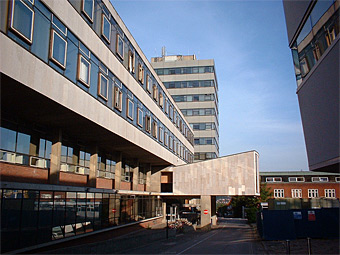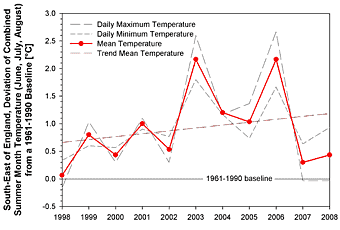Theme: ‘District Energy Supply within Cities’ Date: 22-29 March 2015 Venue: University of Southampton
Cities and Infrastructure
Please follow the links below to complete your survey(s) by Monday the 17th of November if possible. Your ID number is on the e-mail and/or letter that was sent to you recently. Many thanks for your participation. If you have any questions, or if any of your contact details have changed or are incorrect, please […]
Introduction Project updates Rezoning project Results & publications How do we address energy consumption to meet low carbon targets? How do we address infrastructure ‘lock in’ to improve the carbon performance of the urban environment? How do we engender and embed low carbon pathways and engineering solutions for demand reduction and power […]
Compared to many parts of the world, the UK has under-invested in its infrastructure in recent decades. It now faces many challenges in upgrading its infrastructure so that it is appropriate for the social, economic and environmental challenges it will face in the remainder of the 21st century. A key challenge involves taking into account […]
Title: Low Carbon City Strategy Researcher: Yue Wu Supervisors: AbuBakr Bahaj and Luke Blunden Abstract GHG emissions are becoming a global concern. The UK has legally bound a CO2 emission reduction target that by 2050 at least 80% of GHG emission shall be reduced based on the emission level of 1990. Consequently, the local authorities […]
Title: Micro climate adapted localised weather data generation: Implications to the energy consumption of buildings and sustainable design of cities Researcher: Leonidas Bourikas Supervisors: Patrick A.B. James & AbuBakr S. Bahaj Abstract This thesis has investigated methodologies for the adaptation of airport based simulation weather files to replicate the local micro climate. The objective of this thesis is to propose a […]
The group’s research is looking at existing housing developments from the 1970s, 1980s, 1990s and 2000s to determine the scope and potential impact of microgeneration technologies and energy efficiency measures on the residential scale. Microgeneration options assessed include: Photovoltaics Micro wind power Solar thermal systems for domestic hot water CHP (combined heat and power) at […]
Climate change is one of the largest threats both for the global economy and the local community. It is predicted that, by 2100, average temperatures could rise as much as six degrees Celsius. The UK is anticipated to become hotter and drier in summer and milder and wetter in winter even under low carbon emissions […]
In industrialised countries building refurbishment is generally considered to be vital in order to achieve major carbon emission reductions in the built environment. At high latitudes the largest single consumer of energy in buildings continues to be space heating required for creating comfortable indoor conditions. For example, a typical 3 bedroom UK house has, on […]
Human-made emissions be it from buildings, business, agriculture or transport are now commonly accepted to be the main cause of the global warming trend which is currently being experienced. The Sustainable Energy Research Group is conducting research on climate change issues by assessing future climate impacts in particular in terms of the future performance of […]

